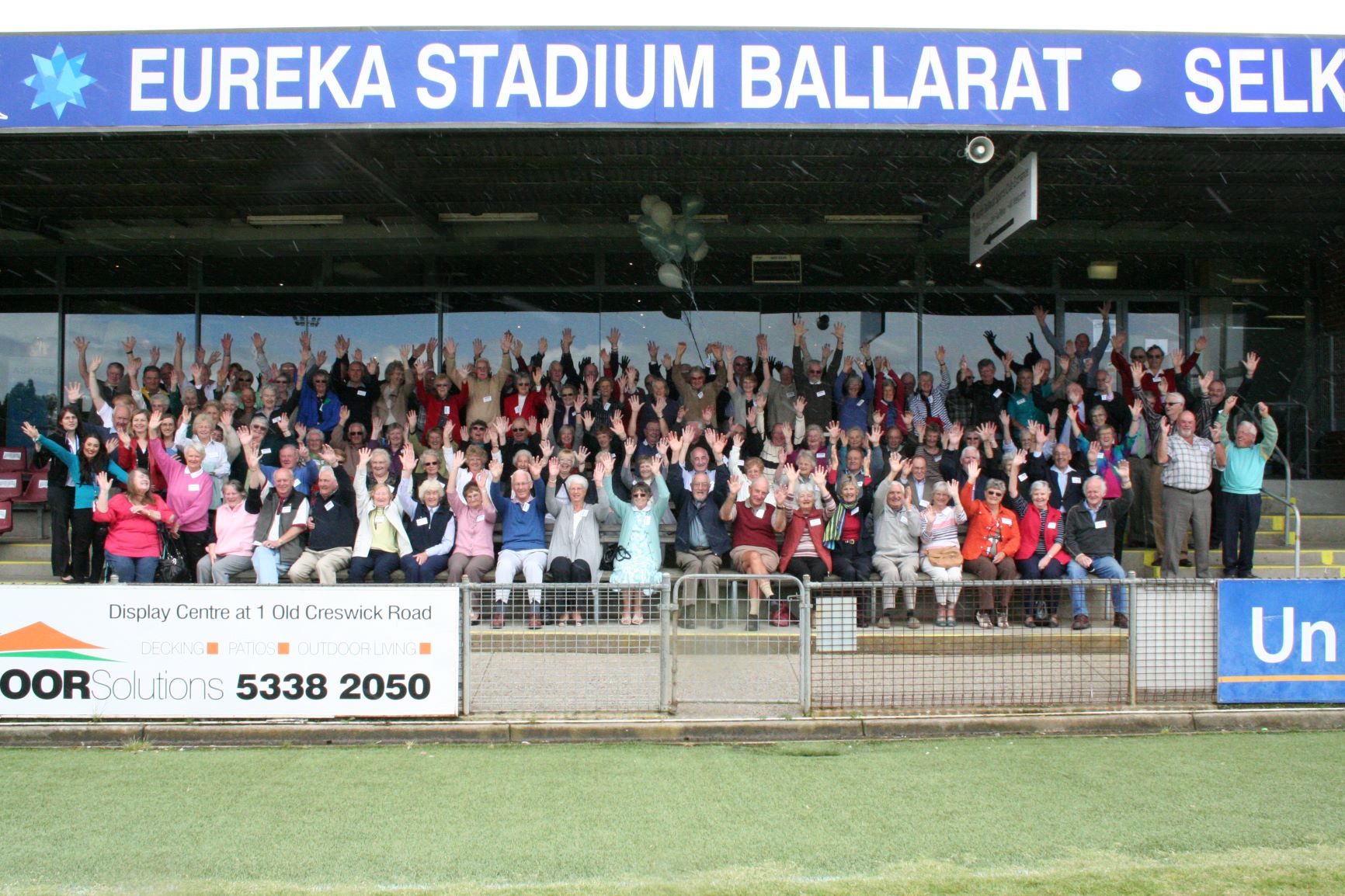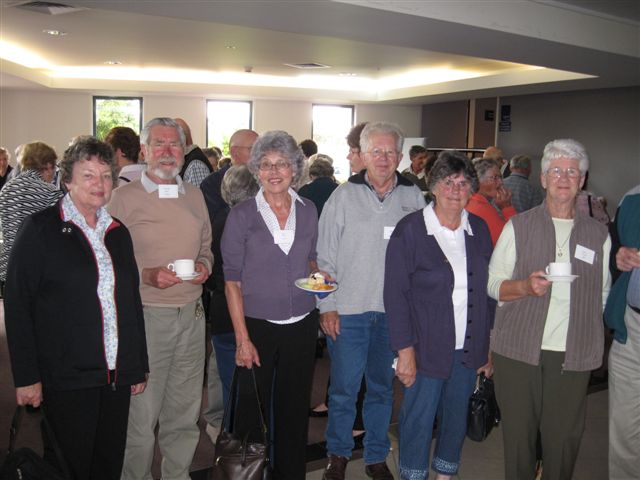Regional Victorians step up to answer big questions
ANNOUNCEMENT
More than 250 people marked the first anniversary of the Monash University-led ASPREE (ASPirin in Reducing Events in the Elderly) at separate functions in Ballarat and Traralgon, recently.
The events were also a time to celebrate the recruitment of the 250th ASPREE participant from each region.
ASPREE, the largest ever primary prevention trial of Australians aged 70 and over, is investigating whether aspirin can delay or prevent the onset of common age-related disease such as heart attack, stroke, dementia and some cancers. It will, for the first time, weigh the potential health benefits of aspirin use, among this population, against the risks.
Australia’s Principal investigator and Head of the Monash University School of Public Health and Preventive Medicine, Professor John McNeil praised the willingness of older Victorians to be involved in the study.
“To answer the big questions requires volunteers. Those who embrace this study are the unsung heroes,” Prof McNeil said.
“Their participation contributes to the wellbeing of future generations in Australia and around the world.”
The celebrations provided an opportunity for participants to receive a study update, as well as a chance to catch up with one another over scones and tea.
Ballarat and Traralgon are two of the six regional ASPREE Clinical Trial Centres in Victoria, which have been funded by the Victorian Cancer Agency.
ASPREE, whose national co-ordinating centre is based at The Alfred, aims to recruit 12,500 healthy older people from Victoria, Tasmania, the ACT and soon South Australia. Collaborating partner, the University of Minnesota is also recruiting 6500 people across the USA.
So far, ASPREE has enrolled over 5000 participants and almost 1300 general practitioner associate investigators.
The trial is open to people aged 70 and above who have not had a heart attack or stroke and who are prepared to take a daily low-dose of aspirin or placebo and undergo annual health checks for five years.


The study also complements an initiative from the CSIRO to develop a “Biobank” of over 10,000 blood samples from healthy ASPREE participants.




